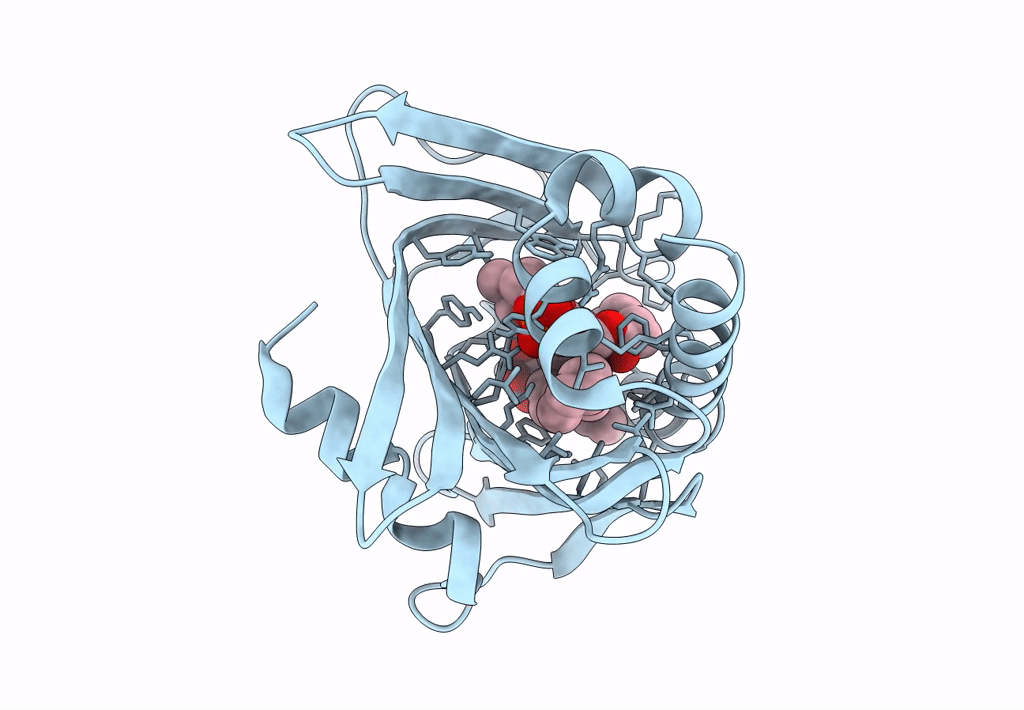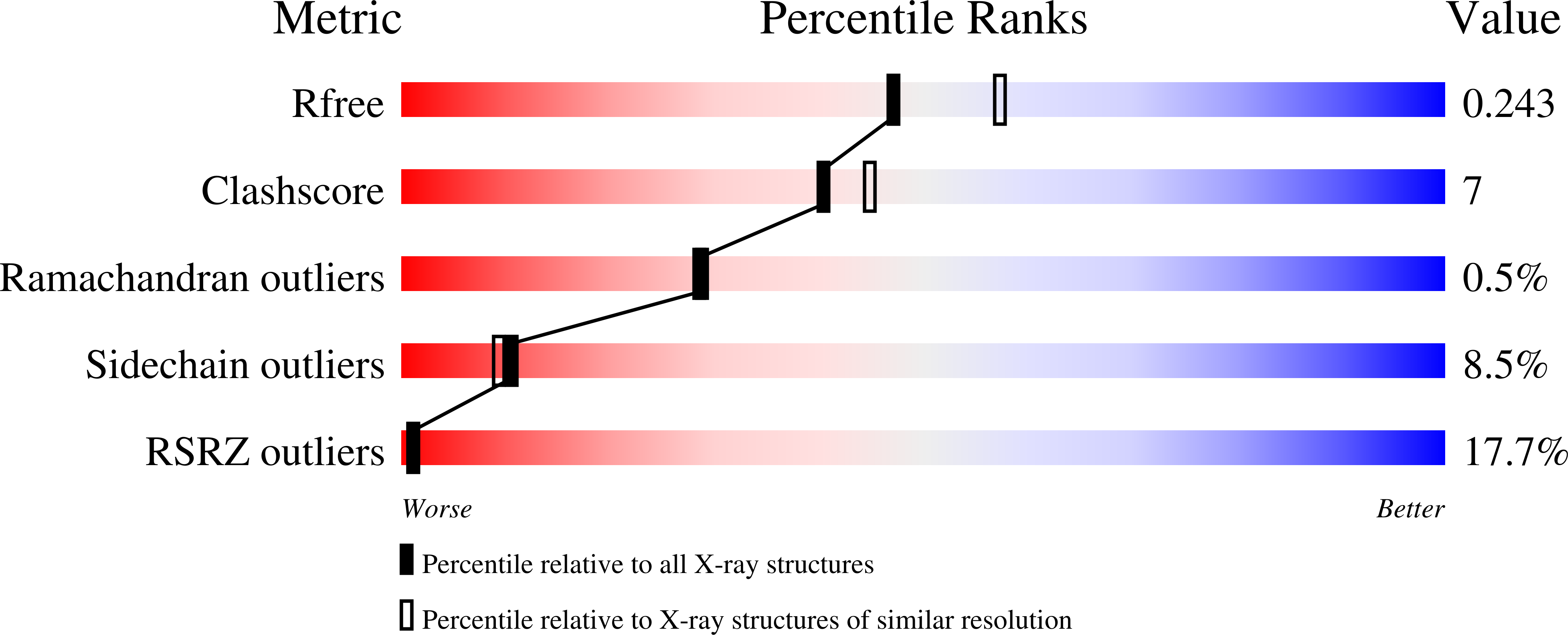
Deposition Date
2022-03-10
Release Date
2023-04-12
Last Version Date
2024-11-13
Entry Detail
PDB ID:
7U9D
Keywords:
Title:
Crystal Structure of Human Phosphatidylcholine Transfer Protein in Complex with PC(16:0/20:4)
Biological Source:
Source Organism(s):
Homo sapiens (Taxon ID: 9606)
Expression System(s):
Method Details:
Experimental Method:
Resolution:
2.18 Å
R-Value Free:
0.23
R-Value Work:
0.21
R-Value Observed:
0.21
Space Group:
I 4 2 2


